The first thing one notices at the venue of the 2nd annual Indo-American Arts Council Literary Festival is the number of Indians in various gradations of “Indian Attire”—from the skimpy Bollywood sari, to the elegant Kanjivaram, to the ubiquitous sherwani with a baseball cap. Such South Asian exuberance against the drab backdrop of Hunter College’s linoleum floors, dubious escalators, and gray dry-wall is enough to pique anyone’s interest, let alone a bunch of homesick Indian bibliophiles waiting to take selfies with their favorite writers.
An ambitious attempt on the part of the Indo-American Arts Council, led by director Aroon Shivdasani, the Festival gathers together prominent Subcontinental voices as diverse as Salman Rushdie, Suketu Mehta, Meena Alexander, Padma Lakshmi and Mira Nair, as well as emerging writers like Sharbari Ahmed, Raghu Karnad, Manreet Sodhi Someshwar, Mira Jacob, and Tanwi Nandini Islam.
Only two years old, the Festival is in its nascent stages, and perhaps that is why the panel discussions at times felt disjointed, as did its choice of panelists. The topics often veered sharply from the literary into an ersatz representation of South Asian identity—India’s rich, politicized literary landscape got less than its proper share of attention in what is supposed to be a festival of literature. The opening panel comprised of Salman Rushdie and Suketu Mehta in conversation with Amitava Kumar, although brimful of witty lines and pictorial anecdotes, often detoured from a discussion on writing by these accomplished authors into scattered riffs on their pasts, their political affiliations, and their sense of belonging to the “Old Boys’ Club” of Bombay writers. These digressions not only alienated younger audience members but also missed the opportunity to center the discussion on the writers’ craft. To make matters worse, there were not enough checks and balances to prevent an audience member from indulging in frivolous and self-promoting questions, only to waste precious panel time. Also, conspicuous by their absence at the Festival were diaspora writers such as Vandana Khanna, Srikant Reddy, and Nalini Jones, just to name a few, who would have added greater value to the panels, but who were, for reasons unknown, not included.

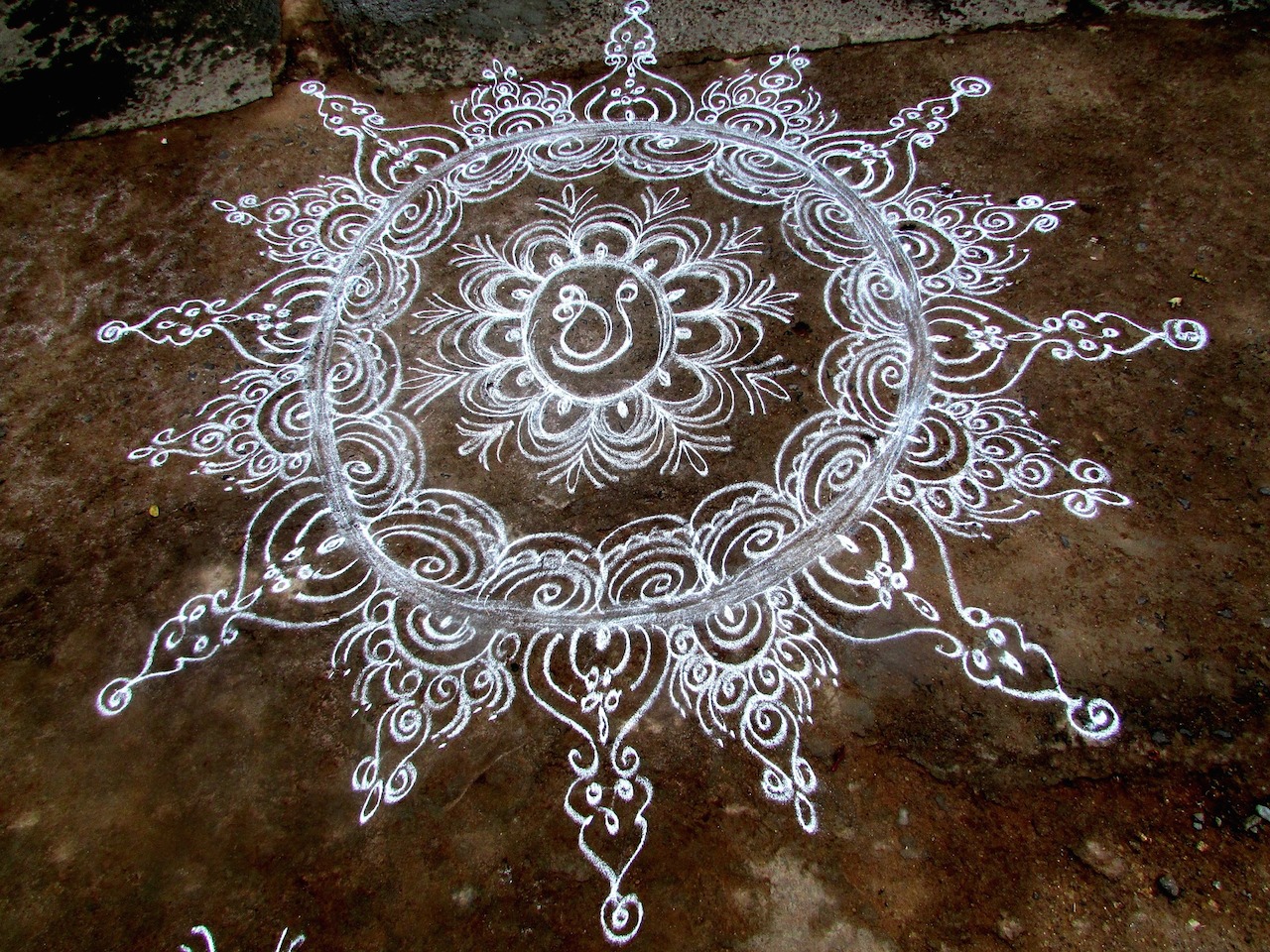
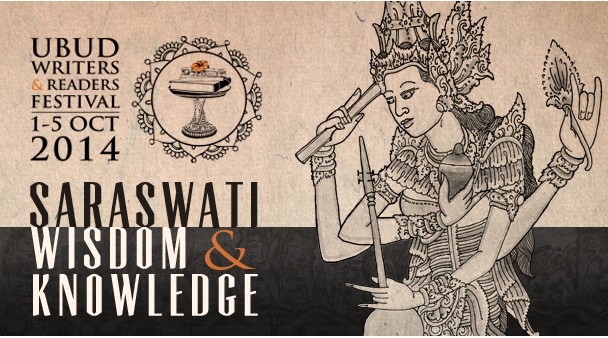
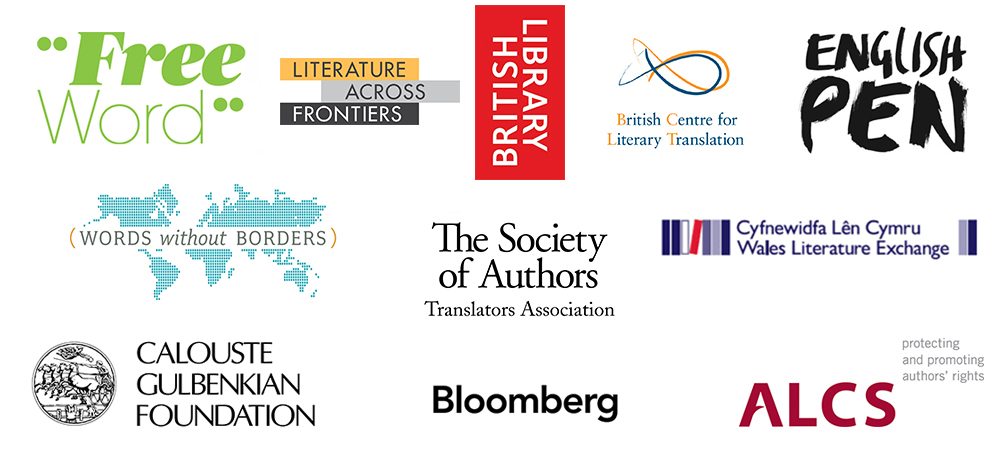
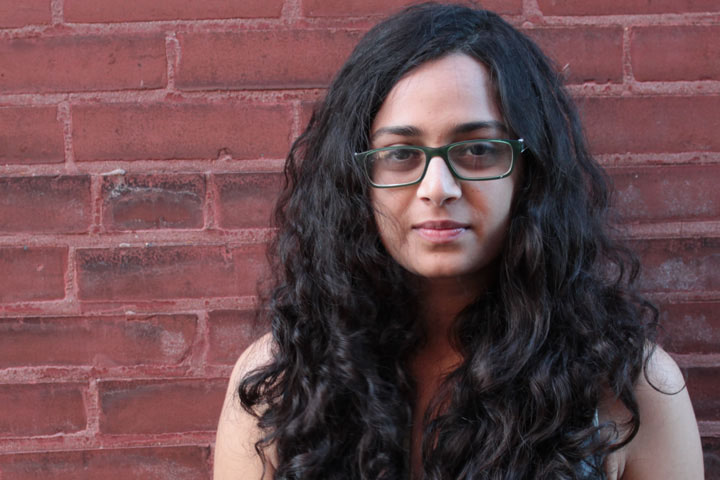
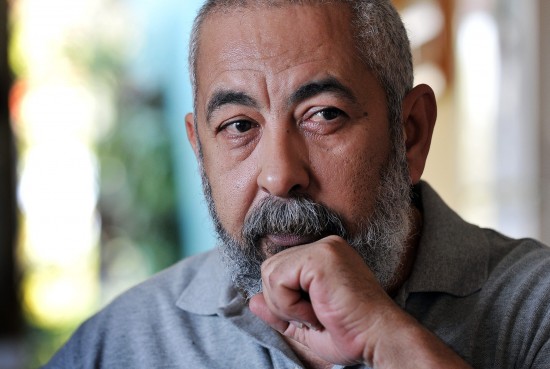
It’s Time to Talk: On Translations from South Asian Languages
Mahmud Rahman concludes his insightful series by addressing your questions and responding to the discussion he sparked.
Read all posts in Mahmud Rahman’s investigation here.
In this final post, I want to respond to some issues that have come up among readers. Besides a few comments on the blog posts, this series also generated conversations that came to me via personal emails or messages on Sasialit, a mailing list about South Asian literature.
Huizhong Wu, a literature student at the University of Pennsylvania, wrote me:
READ MORE…
Contributor:- Mahmud Rahman
; Tags: - comments
, - discussion
, - Sasialit
, - South Asian languages
, - South Asian literature